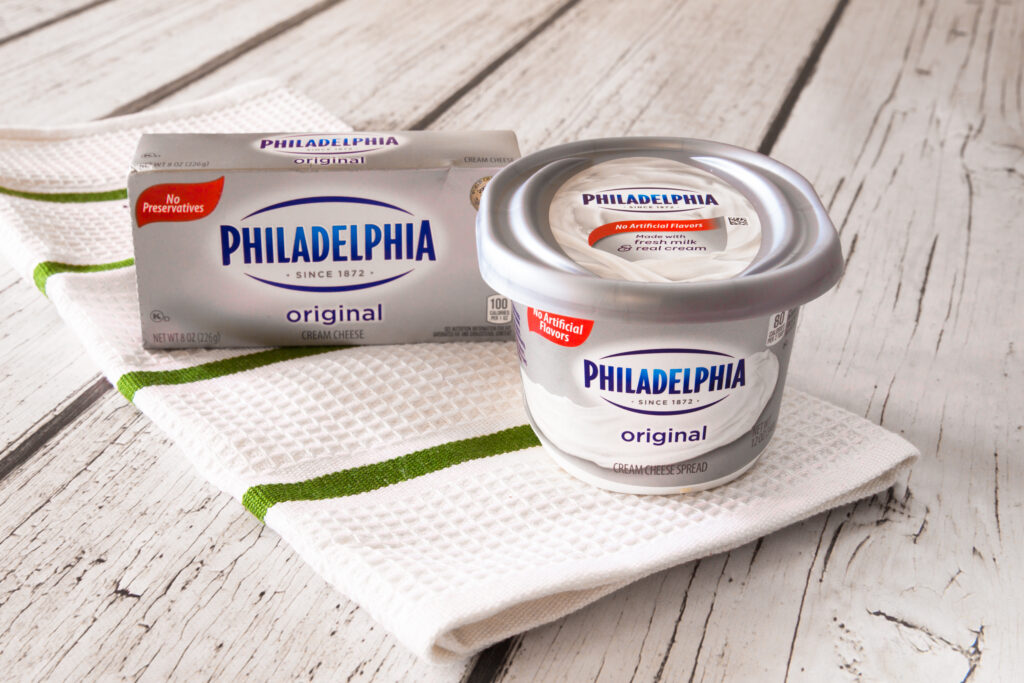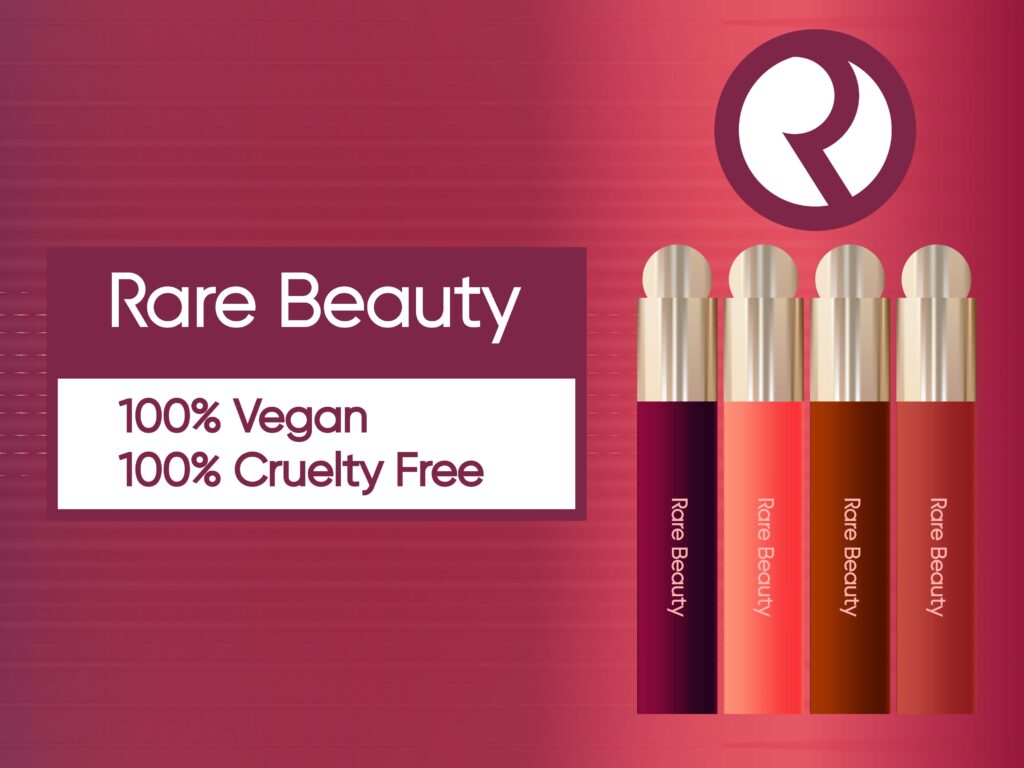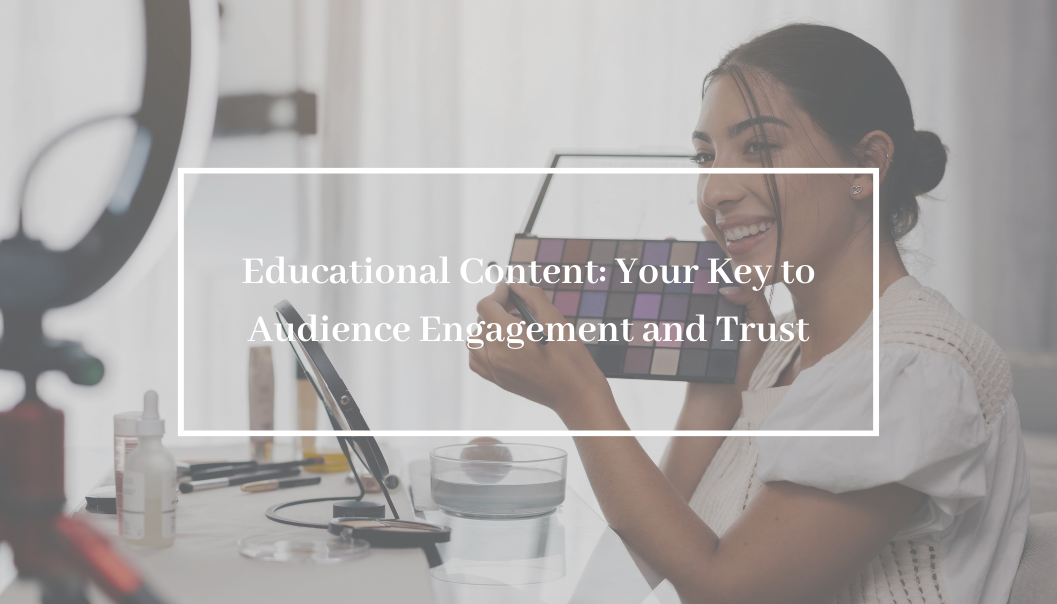
NEWS & PRESS
Educational Content: Your Key to Audience Engagement and Trust
Even before a consumer makes a purchase, it’s not uncommon for them to seek information on how to use the product, style it, or gain a deeper understanding of the brand. This quest for information often leads consumers to the vast expanse of the internet, be it through websites or social media platforms. It’s within this digital landscape that educational content plays a pivotal role.
Educational content is any content that aims to bring value to an audience by teaching them something new. This can include how-to guides, informative blogs, newsletters, instructive TikTok tutorials, engaging YouTube videos, comprehensive e-books, and more. Notably, consumers are 131% more likely to favor a brand after consuming early-stage educational content during the purchase journey. Short-form videos, a popular format on platforms like Reels, TikTok, and YouTube Shorts, capture the attention of 66% of consumers, making them essential considerations for marketers when shaping their content strategies.
Courtney Kuebler, Design Director at Enthuse Marketing, advocates for the importance of educational content’s impact on viewers. “At every touchpoint, we want to impart knowledge. Creating beautiful, digestible ways to present information increases its impact.” When creating content for clients and a marketing agency, engaging your audience is the most critical aspect of your content creation.
With the rise of Gen Z’s buying power, researchers have discovered that this demographic has a strong affinity for educational content. For Gen Z, such content helps them to understand the inherent value of your products, as well as helps them make shopping decisions. According to YPulse’s trend report, 81% of 13-39-year-olds agreed with the statement, “I like when brands educate me on a topic related to their products or services,” and 82% of young consumers agreed with the statement, “I like when brands make product comparisons.” 49% of this generation enjoys shopping directly on social media, reinforcing the need for impactful social content creation.
As a brand, it is essential to take advantage of the opportunity to craft engaging content. The initial step is understanding the objectives, benefits, and strategies for creating high-quality educational content.
Objectives of Creating Educational Content:
Some of the goals of creating educational content are as follows:
- Effectively engage users.
- Increase brand awareness.
- Improve online sales and acquire new customers.
- Increase customer retention.
Benefits of Brand Education in Your Marketing Strategy:
Why should marketers care about creating this informative content for their brand? Here are some compelling benefits:
- Offer online visitors and potential customers the knowledge or new information, they seek.
- Drive increased website traffic by offering valuable information that empowers informed decisions.
- Create a positive user experience by supporting existing products and services, adding value to consumer purchases.
- Build an online community around your brand.
- Build trust, credibility, and authority with your target audience.
- Add value to your brand.
- Elevate your brand’s standing as a thought leader.
Tips for Creating Engaging Educational Content:
Educational content has a lot of benefits for brands, but it is essential to create engaging content for consumers to interact with. Here are some tips for creating educational content:
- Create relatable content.
- Maintain a consistent brand voice and tone.
- Answer your audience’s questions and address their challenges.
- Add additional links for those seeking further information.
- Repurpose your content across platforms and channels for a broader reach.
Brand Examples That Use Education to Market to Consumers:
Many brands have seen the need for consumer education and implemented it into their content strategy. Here are three brands that use educational content in their marketing:
- Diageo: The brand provides educational content through its Bar Academy. Cocktail professionals and at-home cocktail enthusiasts can learn various bar skills, recipes, and more while utilizing Diageo products.

- Philadelphia: The household name cream cheese brand can be used more than just on a bagel, something the brand showcases on social media. The brand utilizes user-generated and original content to showcase various recipes using their product.

- Rare Beauty: The beauty brand started by Selena Gomez is known for being inclusive to women of various backgrounds and with different skin tones. This is also evident on social in their posts and tutorials on applying their makeup. Having a significant representation in their content and educating people on using their products makes users more informed and feel represented.

Through educational content, brands convey their commitment to consumers and desire to illustrate how their products can be used. This, in turn, fosters trust over time as each interaction with educational content deepens the connection. According to research by Conductor, just one week after consuming educational content from a brand, there was a 9% increase in the number of consumers who regarded their brand as “trustworthy” compared to their initial impression. In an era where consumers seek transparency, the inclusion of educational content in your marketing strategy is non-negotiable. It provides valuable, transparent, and relevant guidance about your products and services, enhancing the consumer experience and strengthening the bond between your brand and your audience.
Contact us today to learn about our training and education-led marketing solutions.

